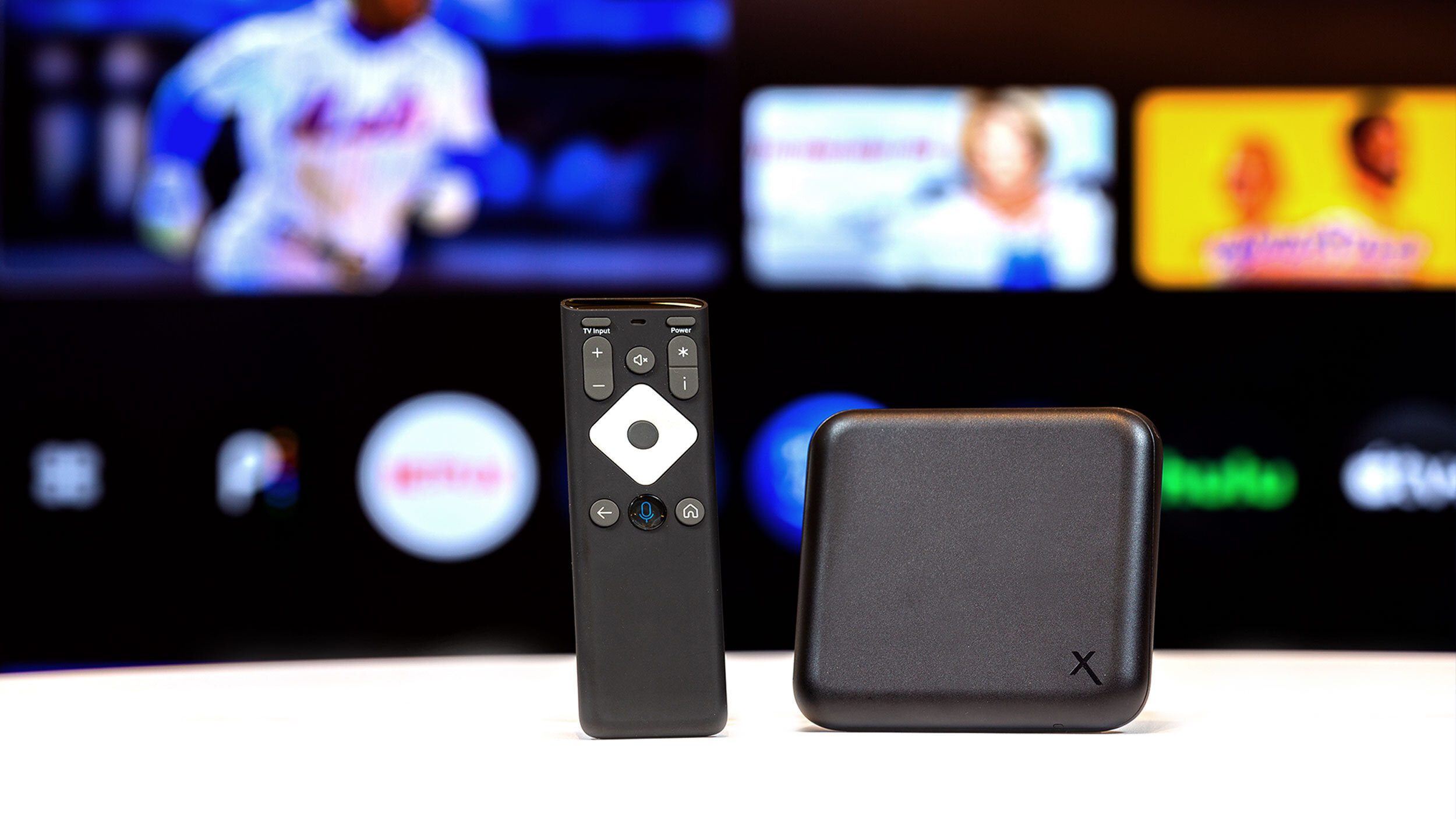Charter Chief Tom Rutledge Sees the Day When All Video Is IP-Delivered
Says Comcast joint venture is a step in that direction

The smarter way to stay on top of the multichannel video marketplace. Sign up below.
You are now subscribed
Your newsletter sign-up was successful
A day after Charter Communications announced a joint venture with Comcast to create a streaming platform based on the latter’s Flex broadband-only product, chairman and CEO Tom Rutledge said that he sees a day when the bulk of its Spectrum video customers receive service via internet protocol delivery. He called the Comcast partnership a step in that direction.
“I expect that incrementally most of our customer base will be all-IP,” Rutledge said after being asked about the JV on Charter’s Q1 earnings conference call with analysts. He added that unused video spectrum can be recaptured and used to increase broadband speeds or provide additional capacity over time.
In a research note Friday, MoffettNathanson senior analyst Craig Moffett noted that if the Flex box does become Charter’s new set-top, effectively moving all of its video to IP-based apps, it would free up enormous amounts of capacity.
Rutledge didn’t say when that would happen, and what he said is something that cable operators have been quietly moving toward for years. But it was a public admission that cable is acknowledging that streaming is becoming the dominant force in video. This is coming from one of the better performers in the video space — Charter lost about 112,000 video customers in Q1, compared to a loss of 512,000 video subs for Comcast. Later on the call, Rutledge said that he still believes in the video business and Charter’s ability to keep its pay TV losses low can be attributed to its knack for packaging.
“We’re continuously improving the rights structures around what we’re able to sell,” Rutledge said. “It’s been difficult because of the way historically video’s been packaged in this very fat, expensive bundle that is driven by sports rights costs. We’ve been able to get some of the content out of that ecosystem and put it into tiers and we’re successfully selling those. I think that over time, we’ll be able to build a very nice video business.”
That’s a key point, and whether or not Rutledge was making it as a hint of bigger things to come, being able to package video correctly is going to be crucial going forward no matter what delivery system is used. I talk a lot about the day when cable operators will aggregate streaming apps and sell them in bundles, replacing the current video model — and Rutledge has hinted at that in the past, too. But with streamers starting to feel the pressure from high costs, competition and viewer fatigue, having someone with a proven track record driving subscriptions could be invaluable. Whether they take the industry up on it remains to be seen.
The smarter way to stay on top of the multichannel video marketplace. Sign up below.
Maybe streamers are beginning to learn their lesson. Netflix, after years of saying they didn’t care if subscribers shared passwords, last month said they would crack down on the practice. Other streamers are keeping a closer eye on password sharing, something that Rutledge warned about years ago.
And though it would have been easy to gloat about Netflix’s current dilemma, aside from a brief “I-told-you-so” joke, Rutledge took the high road, pointing out that the practice affects the entire media industry.
“It’s not just a problem for the companies that are not controlling their passwords, it’s a problem for everybody in the industry, because all of that content that comes out without anybody paying for it affects the supply and demand of all content, not just the provider that is selling the content,” Rutledge said. “[That] diminishes the value of content for everybody, which is a point we had been trying to make for years.”
Another plus for Charter is that Rutledge actually likes the video business. He doesn’t see it as an albatross, or as a roadblock to offering more profitable broadband service, but as a good product in a growing lineup of good products. It helps that he has seen the various transformations of that product over the years, and not just in video. During the call, he was asked how he felt about the explosion of new fiber builds and fixed wireless offerings geared at taking broadband share away from cable.
“There have been periods in my cable career where sentiment has gone up and down, and my sentiment has remained the same,” Rutledge said. “I think it [broadband] is a great business and I think we have a great opportunity to continue to grow the business successfully. When everybody’s euphoric it’s probably odd, and when everybody’s pessimistic it’s odd, and I’m unchanged.” ▪️
Mike Farrell is senior content producer, finance for Multichannel News/B+C, covering finance, operations and M&A at cable operators and networks across the industry. He joined Multichannel News in September 1998 and has written about major deals and top players in the business ever since. He also writes the On The Money blog, offering deeper dives into a wide variety of topics including, retransmission consent, regional sports networks,and streaming video. In 2015 he won the Jesse H. Neal Award for Best Profile, an in-depth look at the Syfy Network’s Sharknado franchise and its impact on the industry.

